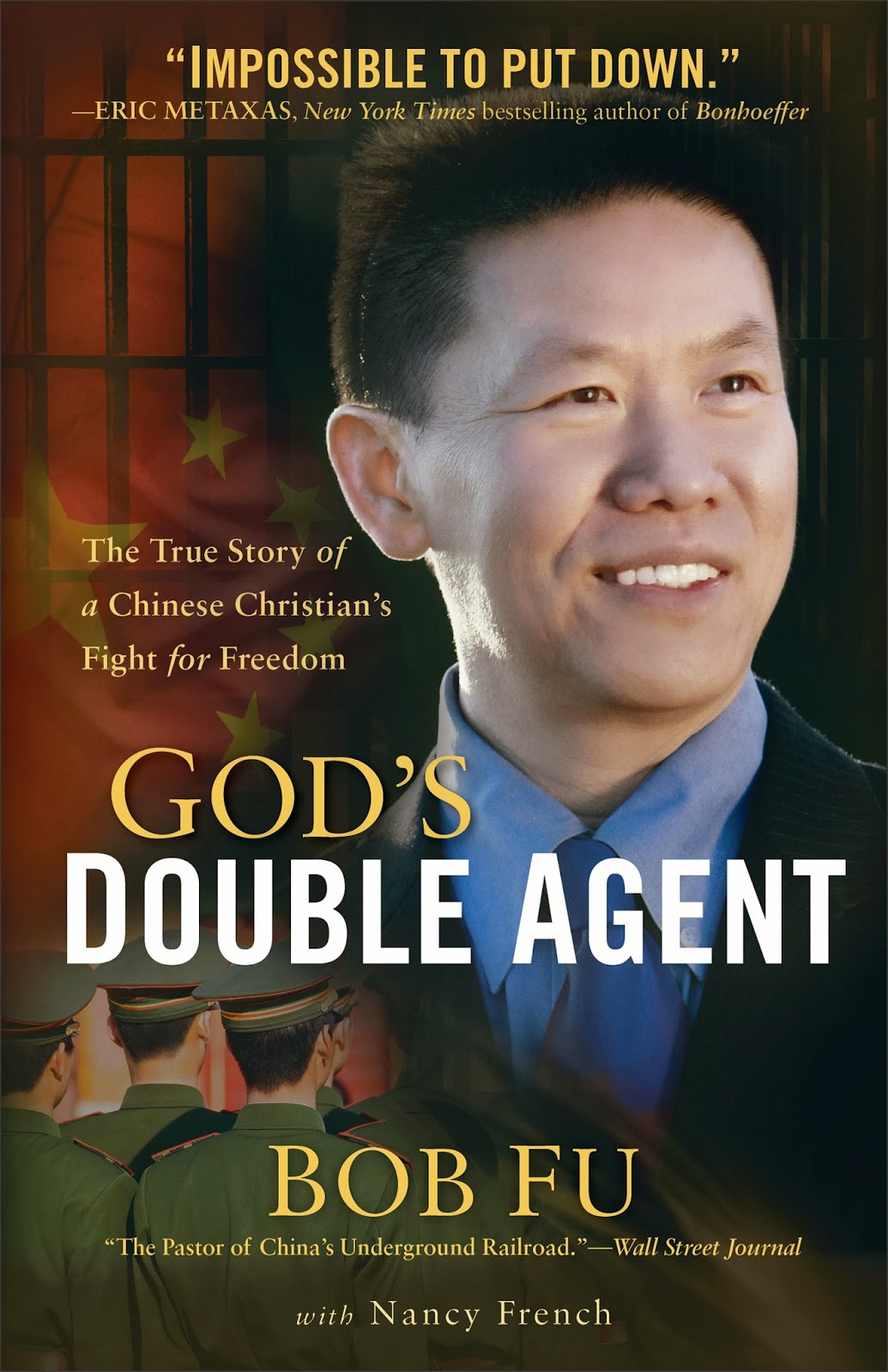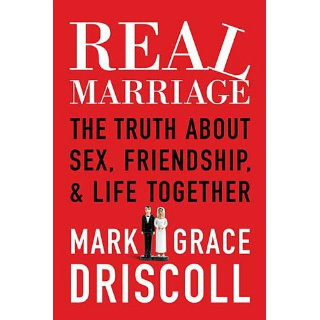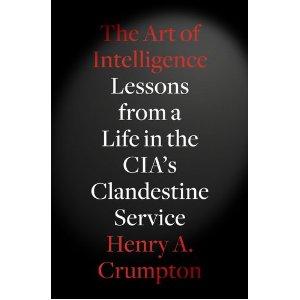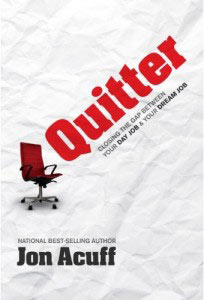 God’s Double Agent is a harrowing true life tale that reads more like a James Bond thriller than a run-of-the-mill biography. Xiqui Fu (his English name is Bob) was born into poverty in rural China. Raised in the cloak of Communism, Fu’s life gives an incredibly stark picture of life in rural Communist China. Food shortages, endemic poverty, oppression by the government, all in the name of the greater good. Fu learned early on that his only path to a better life was education, so he made it all the way to college, a huge feat for his family.
God’s Double Agent is a harrowing true life tale that reads more like a James Bond thriller than a run-of-the-mill biography. Xiqui Fu (his English name is Bob) was born into poverty in rural China. Raised in the cloak of Communism, Fu’s life gives an incredibly stark picture of life in rural Communist China. Food shortages, endemic poverty, oppression by the government, all in the name of the greater good. Fu learned early on that his only path to a better life was education, so he made it all the way to college, a huge feat for his family.
While in college Fu got a hold of an evangelistic tract given out by an American Christian teaching English at Fu’s college. For Fu, his initial encounter with the Jesus of the Bible answered the questions he’d been asking his entire life. Fu became a Christian, not even owning a Bible for the first year following his salvation because Bibles were illegal in China. Fu eventually moved to Beijing for graduate work and started an underground church network in the capital city. He also ran an illegal seminary where hundreds of students would gather to learn more about the Bible.
This inevitably put him on the radar of the Communist police. Fu was trailed, intimidated, arrested and tortured for his faith. After being released, Fu and his wife escaped China and found refuge in the United States. Over the past decade Fu has been an ardent activist for freedom of religion in China, and he’s helped dozens of Chinese Christians escape Communist China on an underground railroad.
Growing up in modern America, Fu’s life seems like a haunted fairy tale, something made up to scare bad children. It’s difficult to really grasp what other believers (even today) have to go through. It’s a riveting account and well worth your time to read.
LESSONS LEARNED
1. Communism promised equality to all but was nothing more than a power grab. Historians have documented this over the years, but the first hand perspective of a villager growing up in Communism highlights the truth that while Communism promises equality to all, it’s merely a power grab to enrich a new class of “haves.”
2. It’s amazing how much manpower Communism had to employ to watch its own people. In Fu’s story, the secret police were everywhere. He had dozens of people dedicated to him throughout the years. That kind of wasted manpower is one of the reasons Communism will ultimately fail.
3. One day in heaven, I’m going to feel incredibly guilty for complaining so much about my comfortable middle class life. I’ve got problems, sure. But reading this book put those problems in perspective. My problems aren’t problems. They’re rich people problems. I have food, clothing, housing and freedom of religion. I’m good.
4. People will go to great lengths to sacrifice for the gospel. The prosperity gospel would never make it in China. The Chinese gospel is one of incredible grace as well as extraordinary sacrifice. Here’s an account of the theology Fu learned in China:
“If you want to be a faithful minister and follower of Jesus in China,” [a fellow pastor] said, “you should learn prison theology.”
I nodded, though I wasn’t quite sure what he meant. “In prison,” he explained, “you find out more about God and His faithfulness than anywhere else. Jail is where God prepares his church in China” (161).
5. The persecution of Christians is still very real today. We hear whispers of it, but Fu’s account is a shout that all of us can hear. Some of our brothers and sisters in Christ are being persecuted and tortured for their faith in other parts of the world. They need our prayers and support. Here is one such account, told by Fu:
Not long after the 2002 retrial, I also became aware of thirty-three-year-old Liu Xianzhi (her English name is Sarah Liu), who was one of the four women declared innocent in the retrial verdict. However, she and the other women were sent to “reeducation through labor” camp, a fate worse than prison. They stripped her, used three electric shock batons on her simultaneously, torturing her on all parts of her body. When she cried out, they put the flesh-searing shock baton in her mouth. It burned her mouth so much that she couldn’t eat for several days. They also used this baton on her genitals, which caused so much paid that she eventually was sent to the hospital unconscious (279).
6. Affluence isn’t the overwhelming blessing we think it is for the church. For all the ‘blessings’ we enjoy in America, the church is anemic and flatlining. For all the suffering in China, the church is exploding in growth. Like the first three centuries of Christianity, persecution is actually a catalyst for growth in the church. Should we pray for more persecution in America?











